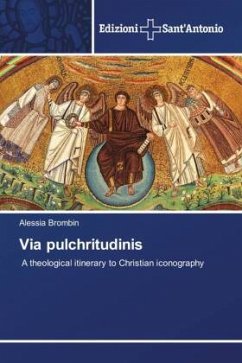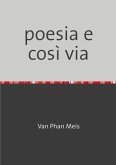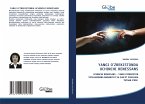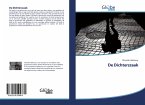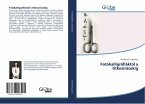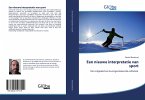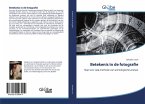The essay approaches Christian sacred art in an attempt to act as a bridge between West and East from different perspectives: historical, theological, liturgical and artistic; aims to make people familiar with the history of Christian art, and in general with oriental iconographic art, in order to learn the fundamental characteristics of the theology of images, and also to understand the main interpretations for the spiritual life. The essay unfolds on some main axes, at first it examines the characteristics of the history of Western art compared with Eastern iconographic art, including the origin of Christian art and the development of its fundamental characteristics; subsequently he approaches the theology of the icon, studied mainly through iconoclasm, with a particular emphasis on the patristic texts of John Damascene and the declarations of the VII Ecumenical Council (787), as well as the triumph of Orthodoxy (843). Finally, it offers a possible interpretation of iconographic symbolism, with attention to the main types of icons of the Christ Pantocrator, the Acheropita and the Anastasis icon.
Bitte wählen Sie Ihr Anliegen aus.
Rechnungen
Retourenschein anfordern
Bestellstatus
Storno

